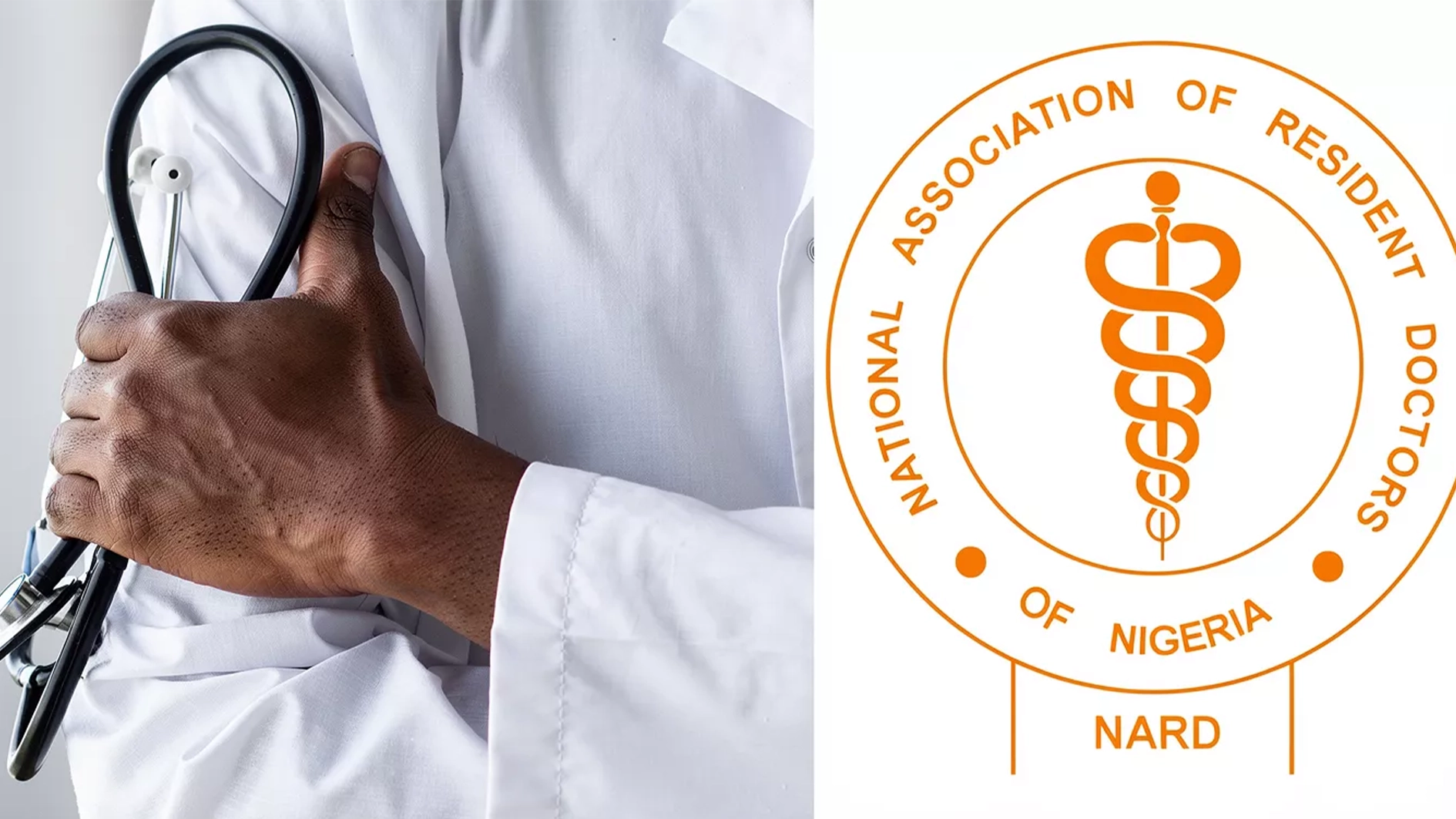A new study has revealed significant differences in how African children metabolise Risperidone, a widely used mental health medication, prompting calls for a review of global drug dosage guidelines.
The research was presented by a PhD student at the University of Florida and former Assistant Director of Pharmacy at the Federal Neuro-Psychiatric Hospital (FNPH), Kehinde Oyinlade, during the 8th Yaba International Conference 2025, organised by FNPH.
Titled “Closing the Health Inequity Gap: Impact of CYP2D617 and 29 Alleles on Risperidone Metabolism in an African Paediatric Population”, the study was motivated by clinical observations that patients often respond differently to the same medication, some improving quickly, others experiencing side effects, or seeing minimal progress.
Oyinlade explained that these disparities are linked to genetic variations affecting drug metabolism. Current global treatment guidelines, largely based on European population data, often fail to reflect African genetic diversity.
“Our findings show that existing international guidelines do not fully capture how these genetic variants behave in African populations,” she said. “CYP2D617 actually metabolises Risperidone faster than previously thought, while CYP2D629 may not metabolise it effectively at all. Relying solely on European data could result in incorrect dosing for African patients.”
The study, described as the first and largest real-world pharmacogenetic research in an African paediatric population, analysed the two common genetic variants, CYP2D617 and CYP2D629 and compared their activity with current standards used by the Clinical Pharmacogenetic Implementation Consortium (CPIC).
Results showed that a revised genetic activity model doubled the accuracy of predicting how African children process Risperidone, highlighting the urgent need for ancestry-specific data in global pharmacogenetic research.
“Understanding these differences allows doctors to determine which patients will respond well to standard doses, who may need adjustments, and who may require alternative treatments,” Oyinlade said.
The study also promises direct clinical benefits as plans are underway to integrate each child’s genetic profile into their medical record, enabling more precise and safer prescribing in the future.
Oyinlade noted that pharmacogenetic testing, which costs between $300 and $1,000 per person, remains inaccessible for many families in low- and middle-income countries. She described the study as a crucial step toward building affordable, evidence-based mental health care systems in Nigeria and across Africa.
“This research promotes equitable precision medicine. Our goal is to ensure every patient receives the right medication at the right dose, regardless of ancestry or location,” she added.
The findings challenge existing international dosing standards and are expected to inform future revisions of guidelines for Risperidone and other mental health medications, helping to close longstanding gaps in health equity and representation in global drug research.






